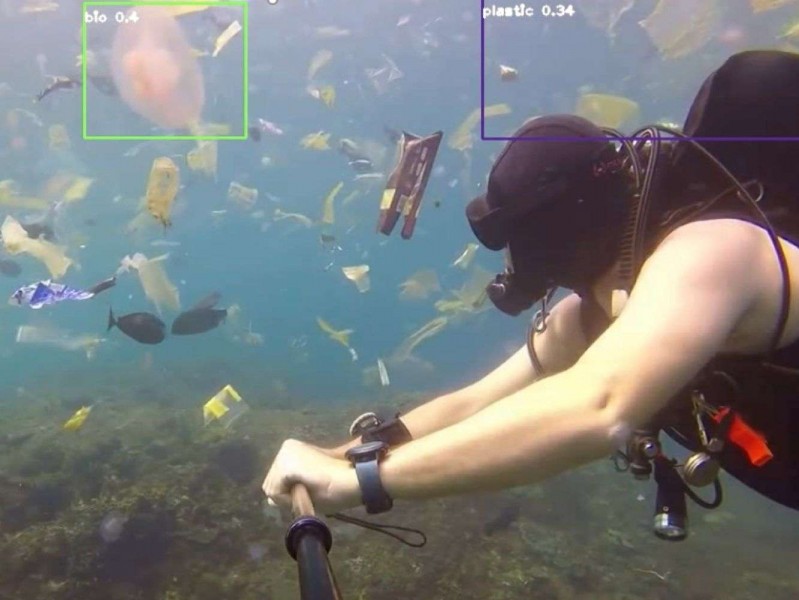Making clear decisions in the deep with Transparent Ocean research
Wednesday 30 March 2022

Transparent Ocean is the umbrella term for this pioneering research programme, undertaken at the National Subsea Centre (NSC), created in partnership between Robert Gordon University (RGU) and the Net Zero Technology Centre.
Using specialised detection equipment including hyperspectral cameras and a wide range of sensing technologies and platforms—combined with specifically tailored artificial intelligence to process the information—objects, sea life, chemicals, or corrosion in the murk of the deep can be identified and analysed non-destructively.
Professor Jinchang Ren, Transparent Ocean Lead at NSC says: “Similar to the human eye—for observation, detecting, and monitoring—we can use hyperspectral cameras and other sensors to gather and—more importantly—analyse and interpret the data to gain a clearer and meaningful understanding of various scenarios.
“If we only use the RGB cameras and other sensors we can hardly see cracks, leakages, or defects in complicated industrial environments, but we can also extend that ability to other optical sensors—hyperspectral sensors—which can capture anything from UV light to near infrared (NIR), infrared (IR), to short-wave IR, creating hundreds of images at different wavelengths.
“The impact being, we can choose which parts of the captured hyper-spectrum to analyse and, when combined with remotely operated underwater vehicles and other sensors together, you have the potential for a completely clear and transparent understanding of everything beneath the shoreline. Not only that, but we would be able to understand the difference in the chemical composition of whatever we find, and in a completely safe and non-destructive way, for smart decision-making and early-stage prediction, to benefit industrial partners, end users and stakeholders.”
The application of this research is remarkably broad, from detecting natural resources, improved condition monitoring of industrial installations, to gathering valuable “big data” that will support smart decision making around the global push towards Net Zero.
The National Subsea Centre is a multi-million-pound centre for excellence in subsea and ocean related research and technology development, and part of the Aberdeen City Region Deal.
The aim of the NSC is to accelerate the Energy Transition through smart technologies applied to industrial and environmental challenges in subsea and related marine sectors.
The centre harnesses academic expertise, research capability, and facilities available at RGU to establish world-class research and development in the fields of subsea engineering, artificial intelligence, data science, and integrated energy.
